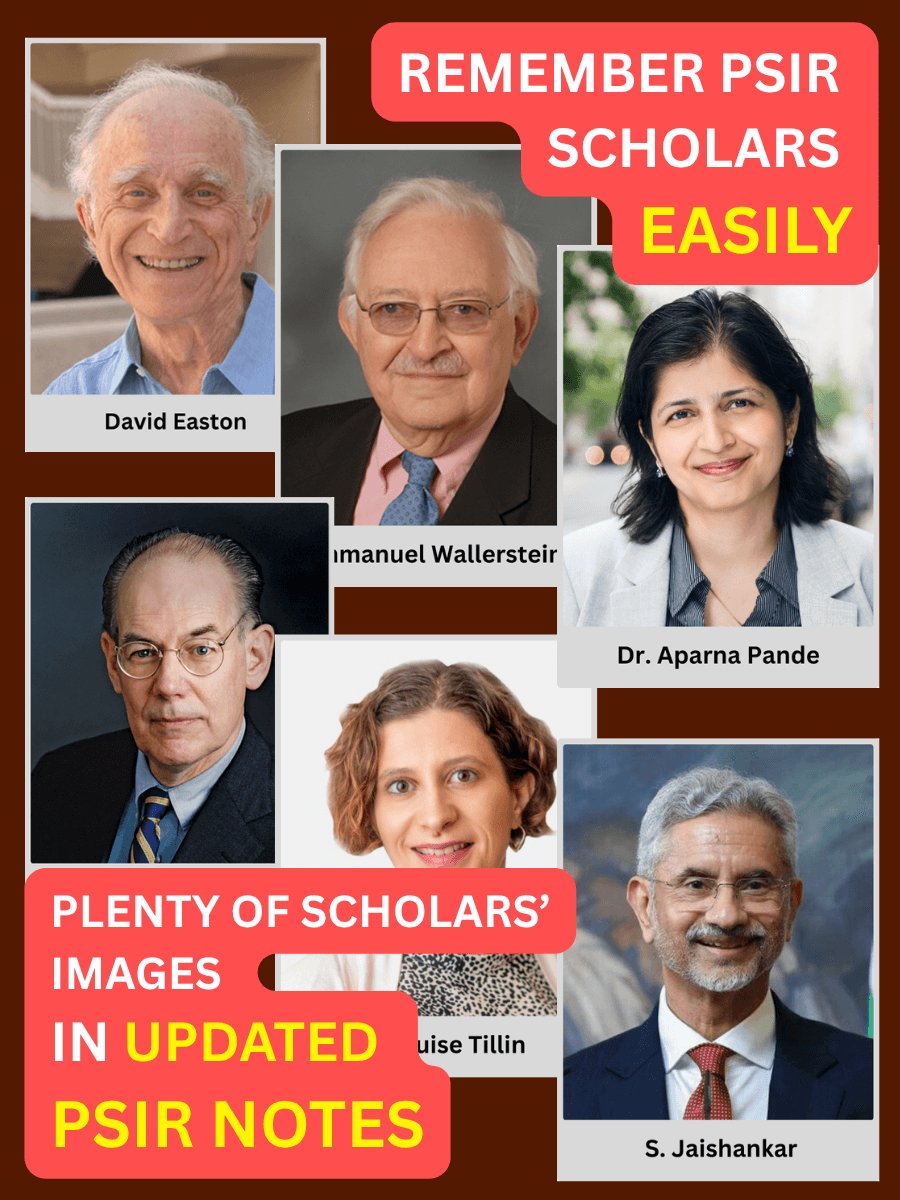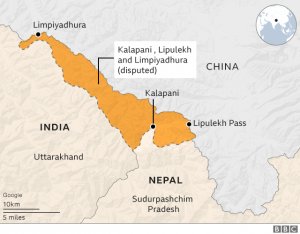1] Introduction
Quoting political scholars/experts in your answers in the Political Science and International Relations (PSIR) optional subject can greatly enhance the quality and depth of your arguments. Such answers gives credibility to your arguments and help you fetch those ‘extra marks’, you need badly to qualify for interview.
Unfortunately, as we observe, many a times students don’t get it right. Either a thinker is quoted out of context, sometimes there is issue of quoting un-necessarily, or quoting multiple thinkers for the same point, and sometimes scholars are quoted just because the quote is interesting – irrespective of the answer needs it or not.
In this article, we dive deeper into this age old practice of quoting established authorities whenever we present an argument.
2] Why to Quote Political Thinkers
Every answer we write in PSIR, we are presenting our case, more like a lawyer does in court.
We open up with opening remarks, giving background to what we’re going to say. Then we give arguments and give evidences in support of our argument. We also give the frequently raised counter-arguments, and provide counter-arguments to these counter-arguments. Then we close our case with the way forward.
In one of our other article, we discussed ‘how to make an argument in PSIR’. In that we’ve discussed how ‘quoting other established sources/ scholars’ can be the best way to substantiate our argument. Let us explore more on that.
In any subject, the established scholars are the are regarded as authority. They have spent years studying and testing various ideas in that discipline. Thus, the statements of these scholars are taken for face value. They are regarded as people with integrity and knowledge. (More like the concept of ‘intellectuals’ in Gramsci).
Further, what we end up describing in lot of words is often summed up when we use the words of these intellectuals. Their ideas are already well-structured and are logically sound.
Quoting scholars allows us to delve deeper into the topic. Their theories offer different angles and perspectives that we can use to critically examine the issue at hand.
Quoting political thinkers also demonstrates our understanding of the topic. It shows that we’ve studied the concept from various angles, and have understood the perspectives of various schools of thoughts. It shows our engagement with academic literature and that we’re not just regurgitating information but actively participating in intellectual discourse.
Above all, by referencing renowned political thinkers, we add weight to your arguments. It indicates that our ideas are not just personal opinions, but are rooted in the scholarly work of established experts. Such arguments are not easy to dismiss and nor are the answers with such content.
3] How to Quote Political Thinkers
To begin with, know that the more naturally you quote the thinkers, the better. Quoting for sake of quoting may create ‘misfits’ at times and backfire. Never force quotes into your answers; they should naturally contribute to the discussion.
While quoting, depending on available space, you can introduce the thinker briefly before quoting. For popular personalities (e.g. Plato, Machiavelli, Gandhi, Nehru etc.), there is no need to introduce them at all.
The quote should be impactful and directly relevant to the point you’re making. If the quote do not align with the topic at hand, it’s better not to use it. (As said earlier, I’ve seen copies where quotes are used for sake of using – doesn’t fit the context – and looks very bad. Instead of creating impression on examiner – it suggests that student doesn’t understand what to quote where, and has poor understanding of subject.)
After/before providing the quote, explain its significance in the context of your argument. If the quote is complex, you may break down the key concepts and ideas in the quote and connect them to the topic at hand. If the quote is self-explanatory, you may not go in lot of details.
Ex. 1. The behaviouralists contempt for political theory can be best seen in the words of Lord Bryce when he says “we need facts, facts and facts”.
OR
The behaviouralists preference of ‘empirical methods’ can be best understood from the words of Lord Bryce when he remarks “we need facts, facts and facts”.
Ex. 2. “Justice is the first virtue of any social system”, these words by Modern Political thinker John Rawls highlight the importance of justice in governance. Unfortunately, the recent Bill on (XYZ Bill) completely undermines this spirit of justice…
Ex. 3. Marxist scholars advocate for abolition of state. For them, state is an instrument of coercion by the capitalists. In the words of prominent Marxist scholar Lenin, “State represent irreconcilability of class antagonism.”
4] What Else?
Also know that, quotes is not something to remember artificially and then somehow fit it in the answer. Quotes should stick with you. It can happen only when we understand the thinker’s perspective, the point he’s trying to make through that statement.
As said before, quotes should naturally supplement the argument you’re making. You don’t have to artificially stuff them. Sometimes you may not be able to recall the exact words, but then if you explain particular thinkers ‘view’, taking his name, that is also sufficient. It’s not necessary to quote the entire statement. Often, you can also use parts of original statement. Though it should not be done out of context, conveying something different than what the scholar originally meant.
Further, you have no limitations to use quote from one topic while answering question from some other topic, or from some other section. It’s even advisable to use theories/quotes from section 1A and 2A in section 1B and 2B in PSIR.
On a side note, we would also recommend to be observant how the quotes are used by writers in newspaper articles and in the books that we read during preparation. This will also help you.
If you’re interested, do check out our PSIR Quotebook PDF, which has collection of over 700 quotes for PSIR optional, all of them listed topic-by-topic.
Best wishes for your preparation!
Abhijeet Pimparkar,
Director, Politics for India









